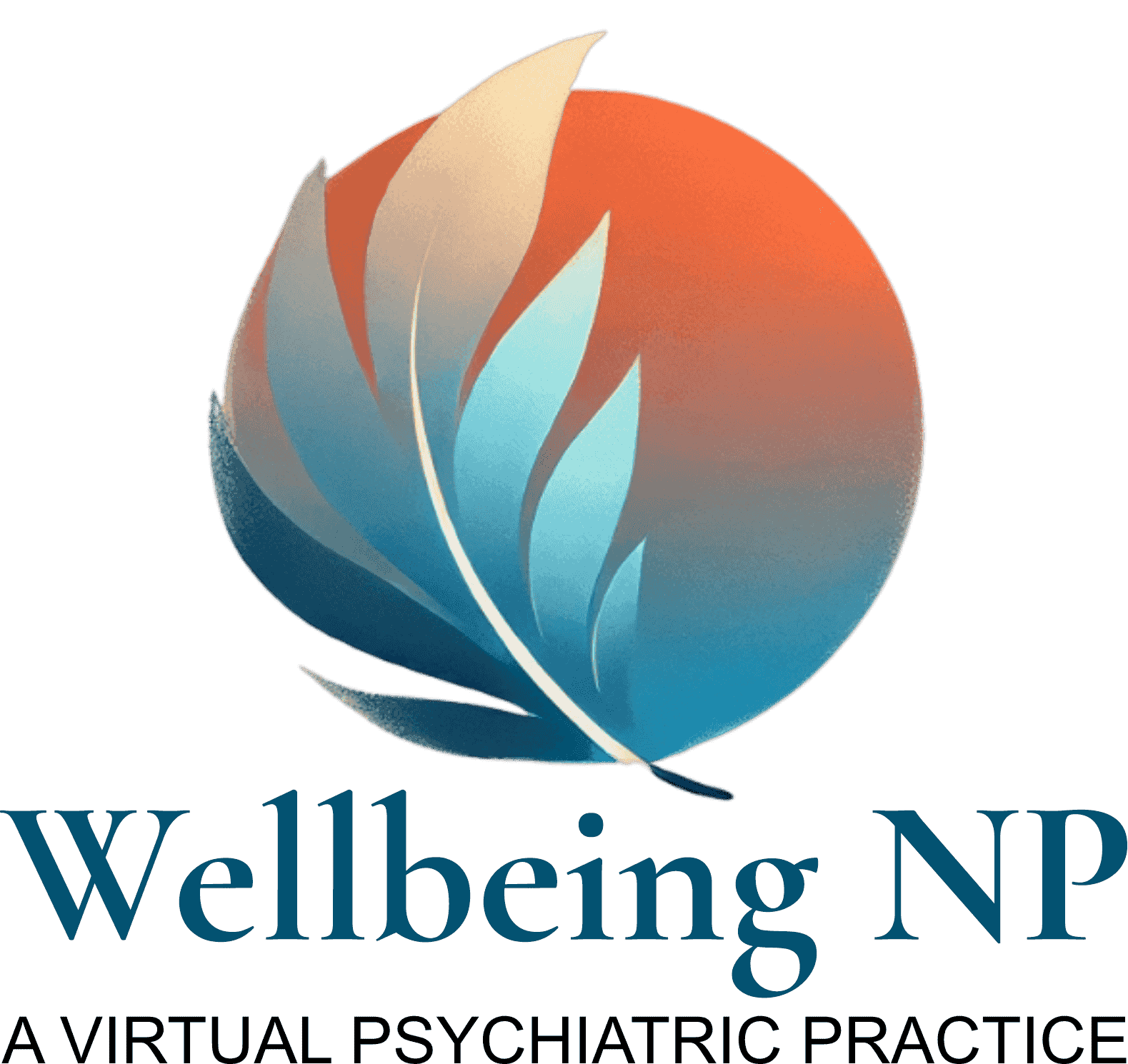
The postpartum period is a time of profound transformation—physically, emotionally, and mentally. As a psychiatric nurse practitioner, I’ve worked with countless mothers navigating this delicate stage, and I often hear the same questions:
- “Why do I feel so anxious and disconnected?”
- “I love my baby, but I feel completely overwhelmed.”
- “Is it normal to cry for no reason, or is something wrong with me?”
These brave and honest reflections are more common than you might think. Postpartum depression (PPD) affects 1 in 7 mothers, and postpartum anxiety may be even more prevalent, though less frequently diagnosed. While we often attribute these struggles to hormonal changes, nutritional imbalances—especially copper and choline deficiencies—can play a significant role in exacerbating symptoms.
Let’s explore how these nutrients, combined with hormonal shifts, influence mental health and recovery, and how micronutrient testing can help you get back to feeling like yourself again.
The Cultural Wisdom of Postpartum Care
In many cultures, postpartum recovery is treated with great reverence. Traditional postpartum practices emphasize rest, nourishing foods, and community care, recognizing the incredible toll that pregnancy and childbirth take on a woman’s body.
- In China, zuo yuezi (“sitting the month”) involves nourishing soups, teas, and warm foods to rebuild the mother’s strength.
- Indian Ayurvedic practices encourage postpartum massages, herbal tonics, and grounding foods that promote digestion and hormonal balance.
- In Latin American cultures, la cuarentena—a 40-day period of rest and bonding—focuses on replenishing nutrients lost during pregnancy through iron-rich foods and bone broths.
These practices stand in stark contrast to the “bounce-back” culture many women face in the West, where postpartum women are often expected to resume normal activities within weeks. Nutritional depletion and the lack of rest set the stage for mood instability, fatigue, and hormonal imbalances.
Copper: The Hidden Trigger for Anxiety and Depression
Copper is an essential trace mineral involved in neurotransmitter production and energy metabolism. During pregnancy, copper levels naturally rise to support the growing baby. However, if these levels remain high postpartum, it can contribute to anxiety, agitation, and depressive symptoms.
Why Copper Excess Matters
- Neurotransmitter Imbalance – Copper is involved in the synthesis of dopamine and norepinephrine. Excess copper can overstimulate the stress response, leading to panic attacks and irritability.
- Oxidative Stress – High copper levels can promote free radical formation, which damages cells and contributes to neuroinflammation—a known factor in depression.
- Hormonal Influence – Copper interacts with estrogen. Elevated estrogen postpartum may further complicate copper metabolism, contributing to mood swings and fatigue.
What You Can Do to Balance Copper
- Zinc-rich foods (oysters, pumpkin seeds, lentils) help counteract excess copper.
- Cruciferous vegetables (broccoli, kale, cabbage) support liver detoxification and hormone balance.
Choline: The Brain’s Nutrient for Mood and Memory
Choline is a powerhouse nutrient that plays a vital role in brain health, neurotransmitter synthesis, and methylation. During pregnancy, the body diverts large amounts of choline to the developing baby’s brain, often leaving mothers depleted postpartum.
Signs of Choline Deficiency
- Brain fog and memory issues
- Fatigue and low energy
- Mood instability and difficulty focusing
Choline is also critical for methylation, a biochemical process essential for detoxifying hormones like estrogen and supporting healthy neurotransmitter levels. Without enough choline, estrogen buildup can contribute to postpartum anxiety and depression.
Choline-Rich Foods and Strategies
- Eggs (especially the yolk) are the richest dietary source of choline.
- Liver, salmon, and cruciferous vegetables can help replenish stores.
- Choline supplementation may be needed for those with severe depletion.
The Power of Micronutrient Testing
With many postpartum women I work with, micronutrient testing has been a game-changer in understanding the underlying causes of mood instability and fatigue. It helps pinpoint which nutrients are missing, allowing us to create a personalized recovery plan that addresses deficiencies in copper, choline, magnesium, and zinc.
Why Micronutrient Testing Matters
- Identifies specific nutrient deficiencies that may be contributing to mood and hormonal imbalances
- Provides targeted interventions—why guess when you can test?
- Restores balance faster, helping mothers regain their energy, clarity, and emotional stability
Practical Steps to Rebuild and Restore
1. Nourish Your Brain and Body
- Eat a whole-food diet rich in choline, zinc, magnesium, and healthy fats
- Consider adding omega-3 fatty acids to reduce inflammation and support brain health
2. Prioritize Rest and Self-Care
- Sleep is crucial for hormone regulation and mood. Ask for help when you need it
- Gentle movement, like walking or yoga, can boost mood and reduce anxiety
3. Build Your Support Network
- Join a postpartum support group or connect with a therapist who understands the unique challenges of this period
- Surround yourself with people who will nurture and uplift you during this time
You Are Not Alone
If you’re feeling overwhelmed or struggling to connect with your baby, you are not alone. Postpartum mental health is complex, but it’s also a journey you don’t have to walk alone. Micronutrient testing, nutritional support, and compassionate care can help you feel like yourself again.
Remember: asking for help is not a sign of weakness—it’s a sign of strength. Your well-being matters just as much as your baby’s. You are worthy of care and healing.
References
- Kling, P., & Smith, J. (2023). Copper and its impact on postpartum mental health. Journal of Women’s Health, 15(3), 45–58.
- Jones, R. (2024). The critical role of choline in postpartum recovery. Nutritional Psychiatry Today.








